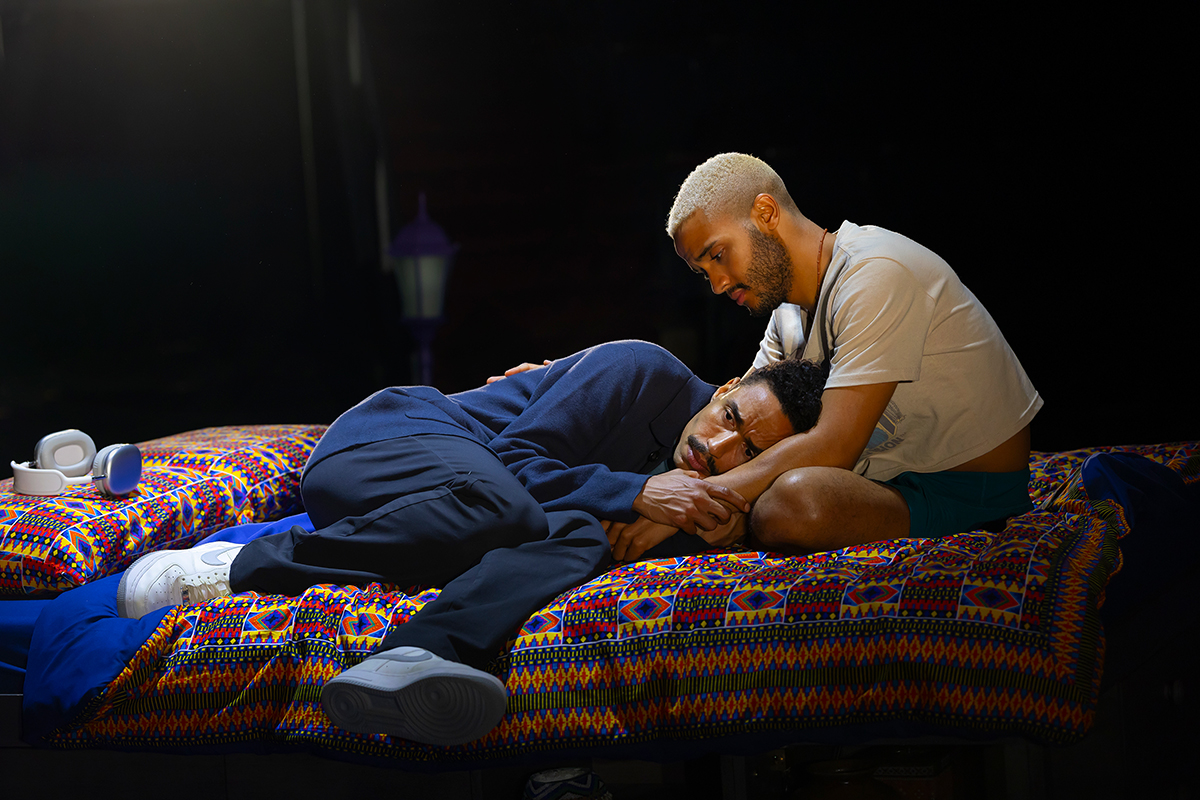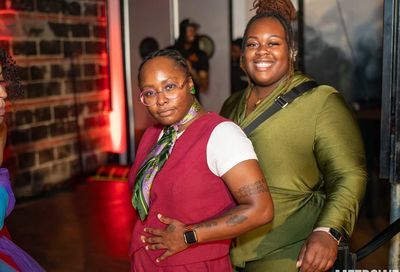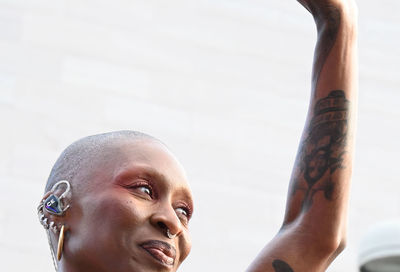Freedom for All Americans: Lessons will be learned from Houston HERO fight
Equality advocates still figuring out how to win for future fights, says Freedom for All Americans head

Even as the LGBT community across the country reels from the defeat of the Houston Equal Rights Ordinance, the campaign director for Freedom for All Americans says that it should be a teaching moment for those who support LGBT rights.
“We’re in a place that’s very similar to where the marriage movement was in 2009, when we were just coming out of that last loss in Maine, where we knew we were onto something, we knew we were starting to figure it out, but we knew it was going to take a little more time,” says Matt McTighe, the campaign director for Freedom for All Americans. “It takes public education, it takes an effort of a lot of people telling their stories, going out and talking to people, door-to-door, and through the media, telling why these laws are necessary, what they do and what they don’t do. And that includes combating the misleading and outright distortions of our opponents when they lie.”
The Houston Equal Rights Ordinance, or HERO, prohibited discrimination against a number of protected classes — including LGBT people — in housing, employment and public accommodations. But supporters of HERO found themselves bombarded by attacks from opponents suggesting that allowing transgender people to use bathrooms consistent with their gender identity posed a threat to women and girls in public restrooms and changing facilities.
Despite having the backing of several prominent politicians, such as President Obama and Democratic frontrunner Hillary Rodham Clinton, and several celebrities, including Matt Bomer, Michael Sam and Sally Field, HERO went down to defeat by an almost 2-1 margin. Opponents were helped by a surge in turnout in early voting from traditionally Republican areas and areas with large numbers of conservative African-American Democrats. Several local pastors played prominent roles within the anti-HERO movement, using their positions within the community to sway voters.
McTighe says that the results were “disappointing,” but also noted that proponents of HERO were hamstrung by a short turnaround time. In August, the Texas Supreme Court reversed a lower court’s decision finding that opponents had not gathered enough valid signatures to force a referendum on HERO, and ordered the ordinance to be placed on the ballot for voter approval.
“We had roughly eight weeks from the time that the Texas Supreme Court put this on the ballot until now, and yet we managed to do a lot as we educate people about an issue that is still very complex to a lot of voters,” McTighe says.
McTighe, who previously ran Maine’s successful marriage equality campaign in 2012 and was assisting the pro-HERO organization Houston Unites in its fight to uphold the law, compares the fight for nondiscrimination protections to the previous fights for marriage equality. He notes that it takes a while to figure out the right messaging and most effective ways to reach potential voters and earn their support.
“So you start from this place of having to educate voters about what the law already does, and then our opponents start attacking with their lies,” McTighe says, “just as we saw with marriage for years and years, the 33 times we lost on marriage, until we finally figured out how to win in 2012. You know, people forget — and I guess this shows how far we’ve come — but we lost so many times before we finally figured out how to win and it was through those losses that we figured it out.
“Back then, it was talking about kids in school. We remember the ads, the ‘princes’ ad, and all these other ads that they used in California for Prop 8, in Maine, in Ohio, and all these places,” he adds. “And it was extremely effective. It was the same kind of baseless fear-mongering that we saw here in Houston. But we eventually learned how to win. We really know that we have something here that we’re going to learn a lot from, and we’re going to apply to the next fight, and all the work we’re going to be doing around the country. Thirty-three states still lack comprehensive protections for discrimination. And there is no federal law. But…we’re going to continue to fight. Just because we won on marriage doesn’t mean the fight is over.”
McTighe says his organization sees opportunities to advance pro-LGBT legislation in states like Virginia, Arizona, Florida, Georgia and even Indiana when those states hold their next legislative session. He particularly stresses the importance of LGBT advocates to play offense and attempt to advance their goals, rather than simply attempting to defend against anti-LGBT pieces of legislation. Last year, he says, the bulk of anti-LGBT bills in states around the country failed to gain enough traction for passage, meaning there could be openings to push more LGBT-friendly legislation, even in conservative states.
“We are making progress in some of these really conservative states. People don’t always see it, because it’s sometimes negative things, or defeating bad bills, but there’s a lot of opportunity to build on and advance proactive nondiscrimination protections, just like we did on marriage, to build that incremental momentum, so we can create the tipping point for national change.”
Support Metro Weekly’s Journalism
These are challenging times for news organizations. And yet it’s crucial we stay active and provide vital resources and information to both our local readers and the world. So won’t you please take a moment and consider supporting Metro Weekly with a membership? For as little as $5 a month, you can help ensure Metro Weekly magazine and MetroWeekly.com remain free, viable resources as we provide the best, most diverse, culturally-resonant LGBTQ coverage in both the D.C. region and around the world. Memberships come with exclusive perks and discounts, your own personal digital delivery of each week’s magazine (and an archive), access to our Member's Lounge when it launches this fall, and exclusive members-only items like Metro Weekly Membership Mugs and Tote Bags! Check out all our membership levels here and please join us today!





























You must be logged in to post a comment.